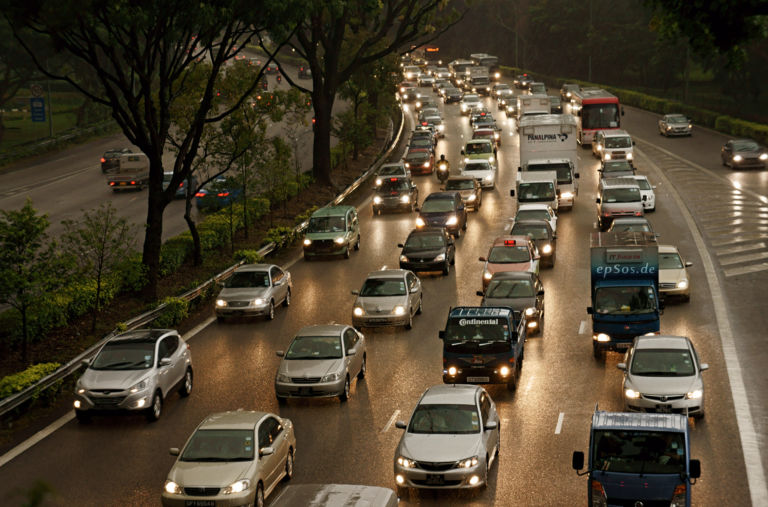Andrew Stuttaford of National Review Online highlights one consequence of the political push for net-zero carbon dioxide emissions.
An advantage of being brought up in Britain in the 1960s and 1970s is that a cold house presents few terrors for me. A jacket and a sweater (supplemented, if necessary, by an overcoat, which can double up as a blanket during the night) can solve the problem, along with the warm glow coming from my half-Scottish heart at the thought of lower utility bills.
Nevertheless, this news (via the Daily Telegraph) is another reminder of how net zero is a step back:
“Millions of families will be urged by a green quango not to heat their homes in the evening to help the Government hit its net zero target.
“The Climate Change Committee (CCC) said people should turn off their radiators at peak times as part of a wider drive to deliver ‘emissions savings.’
“In a document on ‘behaviour change’ the body recommended Britons “pre-heat” their houses in the afternoon when electricity usage is lower.
“It said the move would save families money, but critics suggested the real reason was that renewables will not be able to provide enough energy to cope with peak demand.”
“Critics” are almost certainly correct.
A quango (for those who don’t speak British-English) is, to quote Wikipedia,
“an organisation to which a government has devolved power, but which is still partly controlled and/or financed by government bodies. The term was originally a shortening of ‘quasi autonomous NGO,’ where NGO is the acronym for a non-government organization.”
The CCC, explains the Daily Telegraph’s Nick Gutteridge,
“is an independent body set up by ministers in 2008 to advise the Government on how to hit its climate targets.
“In its latest report, the committee criticises No 10 over its ‘worryingly slow’ action on climate.”


